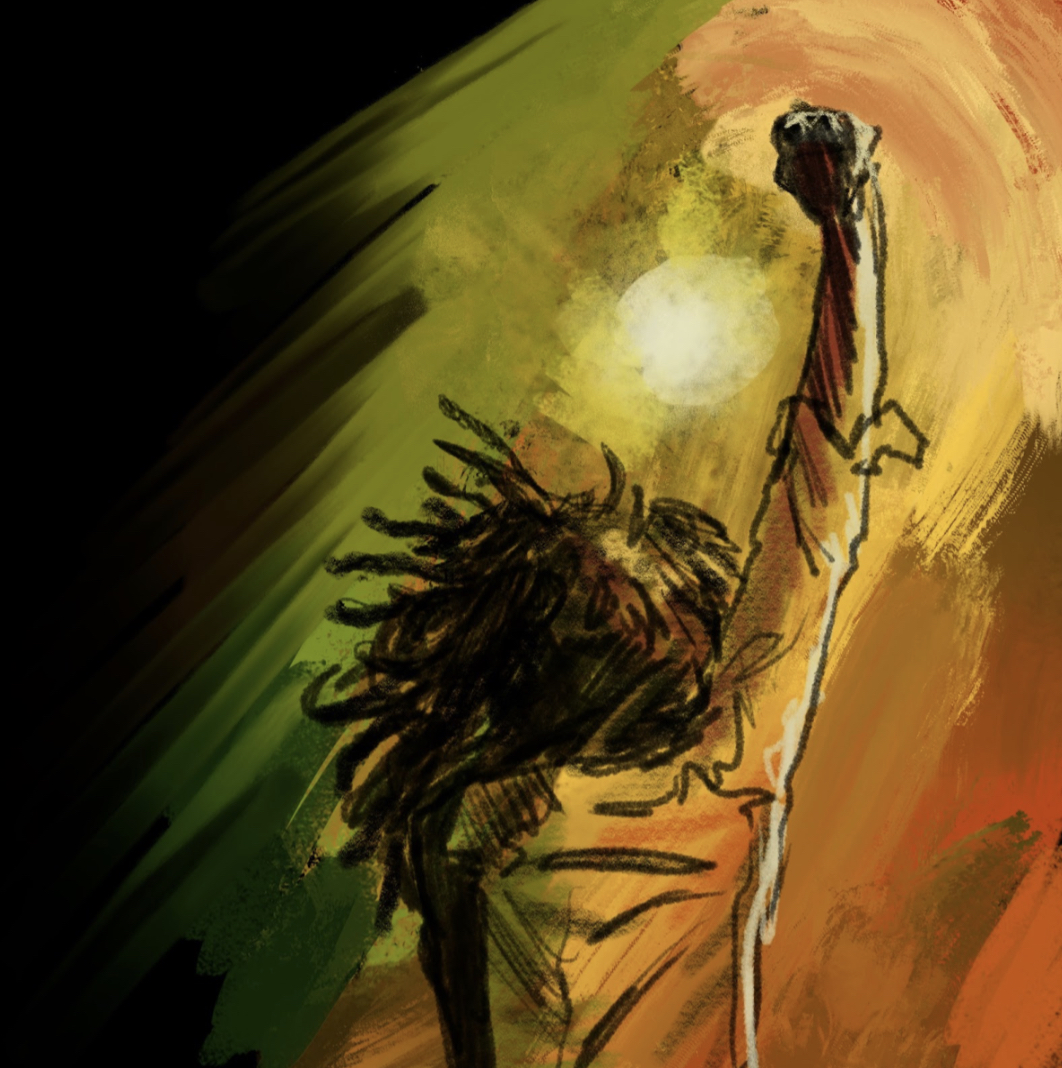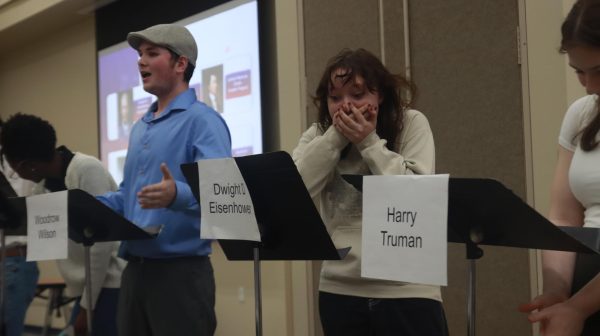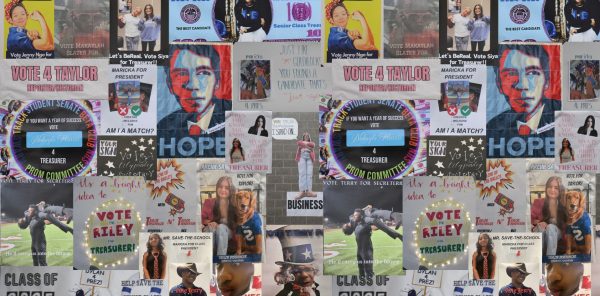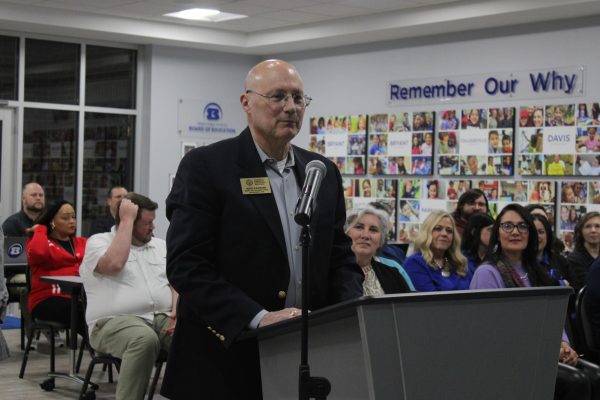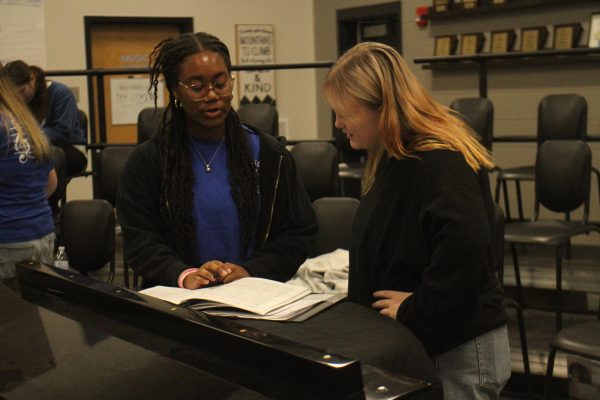One Step Forward, Two Steps Back
LGBTQ+ community takes hits as state legislatures pass bills to limit rights
May 26, 2021
By just the fourth month of 2021, there were already more than 80 bills introduced in state legislatures nationwide which aimed at restricting the rights of LGBTQ+ youth, according to the New York Times.
Arkansas was no exception, passing many new laws in the most recent legislative session that limit LGBTQ+ rights. These included giving medical workers the right to refuse treatment to LGBTQ+ people, preventing trans girls from playing sports and preventing trans people under 18 from getting some forms of medical care.
Caroline Earleywine, senior English and creative writing teacher, sponsors the Sexuality and Gender Acceptance club (SAGA).
“I’m deeply saddened by what has gone through our state legislature this session, as well as other state legislatures around the country,” Earleywine said. “At school, we should be making sure all of our students feel safe and like they belong. These bills do the opposite.”
Junior Dixon Harrell, president of SAGA, says the laws and restrictions affect the LGBTQ+ community personally.
“Knowing that we have to fight just to be given the same opportunities, rights, and even the same privileges as everyone else, to be who we are, takes a huge toll on our mental health,” Harrell said. “If you do nothing but fight your whole life, it becomes tiring and makes you wonder if it’s even worth it.”
One proposed bill in this legislative session would have allowed teachers to refuse to refer to a trans student by their preferred name and pronouns. A study in the Journal of Adolescent Health showed that using a transgender youth’s chosen name and pronouns at work, school and at home reduces depression symptoms by 71%, reduces thoughts of suicide by 34% and reduces suicide attempts by 65%. Earleywine holds these numbers close to her heart as she believes they “tell a story.”
“That story is that clubs like [SAGA] help students feel safe, valid and supported, and that these spaces can literally save lives,” Earleywine said.
In the 2019 GLSEN School Climate Survey, 59.1% of LGBTQ+ students reported that they felt unsafe at school because of their sexual orientation, and 42.5% felt unsafe because of their gender expression. In the GLSEN survey for Arkansas specifically, 77% of LGBTQ+ students reported being verbally harassed and 40% were physically harassed.
Junior Harrison Sanders, who identifies as trans and queer, is occasionally scared while walking in public because of how others react to him.
“People give me these looks when I’m out with my boyfriend that just scream that they want to hurt me,” Sanders said.
Arguments for legislation that harms LGBTQ+ individuals typically fall under the umbrella of religion. According to a 2015 Pew Research study, about 72% of evangelical Protestants say there is a conflict between the LGBTQ+ community and their traditional religious beliefs.
However, Harrell believes that traditions should change with society and time.
“Traditions are important, but I also believe that traditions should evolve as time calls them to,” Harrell said. “With culture, it changes as time changes. Some things stay the same, and some things don’t but still maintain part of their origins. So, I think that [religion] can evolve to include us rather than deny us. We can’t move on if we’re stuck in the past.
While LGBTQ+ people have faced harsh backlash for centuries in many cultures, Harrell knows that members of the community will find a way to express who they love and who they are.
“The more people tell us we can’t be who we say we are, the more we feel as though our voices don’t matter,” Harrell said. “This is the world we are going to inherit and claim one day. If people keep silencing our voices and invalidating us, then there’s not going to be anyone to pass it down to.”






